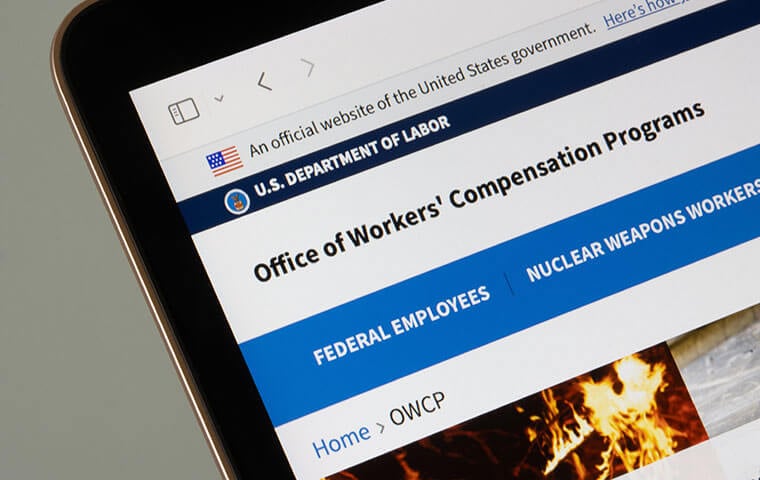 The issue of paying benefits beyond when it is reasonable to expect one will return to work was raised again - the USPS, for example, is paying FECA benefits to 600 persons over age 80, including three over age 100. Image: Tada Images / Shutterstock.com
By: FEDweek Staff
The issue of paying benefits beyond when it is reasonable to expect one will return to work was raised again - the USPS, for example, is paying FECA benefits to 600 persons over age 80, including three over age 100. Image: Tada Images / Shutterstock.com
By: FEDweek StaffIn the type of request that commonly is used to lay the groundwork for proposed legislation, top Republicans on the House Education and Workforce Committee have asked the GAO to review the FECA program’s “ability meet its primary goal of safely returning employees back to the workforce.”
That program of compensation for federal workplace-related illnesses and injuries has not been “meaningfully updated” since 1974 and “has long been criticized for being susceptible to waste, fraud, and abuse and for being overly generous, as many beneficiaries remain on the program well into retirement,” they said in a letter to the GAO.
The request follows a recent hearing that revisited long-running issues regarding FECA including whether beneficiaries should be transferred onto the disability retirement rolls at some point and whether to pay only one rate—as is commonly done in similar state government programs—rather than a second, higher rate if the beneficiary has dependents.
The issue of paying benefits beyond when it is reasonable to expect that a beneficiary will return to work—a focus of past legislative proposals—was raised again at the hearing in testimony showing that the USPS for example is paying FECA benefits to 600 persons over age 80, including three over age 100.
The letter asks GAO to study how FECA compares to state-based programs in “returning an employee back to the workforce” and in “the length and cost of rehabilitative care provided for the most common or top workplace injuries.” It also asks for a review of a long-standing idea to require a waiting period for all employees before starting continuation of pay benefits pending a decision on a claim; currently only Postal Service employees have a waiting period.
It adds that past studies have “found examples of claimants receiving overlapping FECA, unemployment, and disability insurance benefits, as well as examples of claimants underreporting employment wages used to determine FECA benefits.” It cites testimony at the hearing that the Labor Department inspector general office had opened more than 300 more than criminal investigations involving the FECA program over the last 10 years, “resulting in the indictment and conviction of 322 individuals and recovering more than $1.7 billion.”
The members said GAO should examine whether FECA follows leading practices for risk management and fraud prevention; what it does to “ensure payment integrity over time, including the use of federal and non-federal data sources”; and denial of claims for “reasons related to program integrity, such as suspicion of fraud or a beneficiary’s partial or full recovery from injury.”
Senate Eyes Vote to Pay Federal Employees Working Unpaid
Series of Bills Offered to Address Shutdown’s Impact on Employees
Public Starting to Feel Impact of Shutdown, Survey Shows
OPM Details Coverage Changes, Plan Dropouts for FEHB/PSHB in 2026
Does My FEHB/PSHB Plan Stack Up? Here’s How to Tell
2025 TSP Rollercoaster and the G Fund Merry-go-Round
See also,
TSP Takes Step toward Upcoming In-Plan Roth Conversions
5 Steps to Protect Your Federal Job During the Shutdown
Over 30K TSP Accounts Have Crossed the Million Mark in 2025

